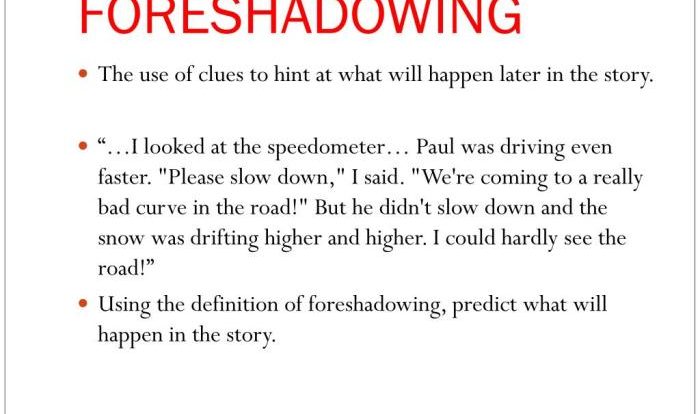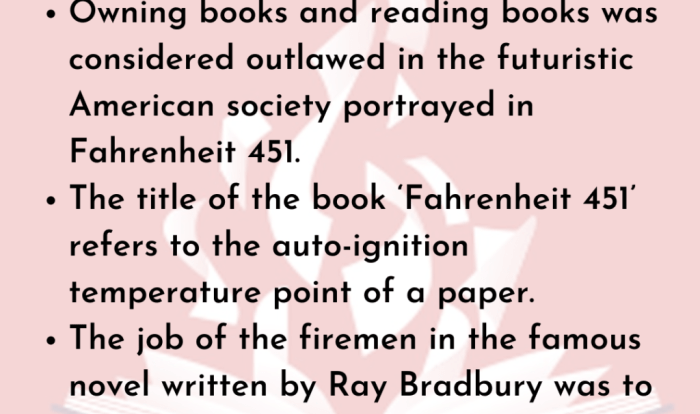Animal farm quotes about mr jones – Embark on a literary journey into the depths of Animal Farm, where Mr. Jones’s characterization and his tumultuous relationship with the animals take center stage. Through a captivating analysis of thought-provoking quotes, we unravel the intricate tapestry of his tyranny and its profound impact on the farm’s inhabitants.
Mr. Jones’s actions and behavior paint a vivid portrait of a ruthless and oppressive master, while the animals’ evolving perceptions of him reveal the transformative power of rebellion. As we delve into the symbolic significance of his expulsion, we uncover the enduring legacy of his rule, shaping the animals’ memories and influencing their decisions long after his departure.
Mr. Jones’s Characterization
Mr. Jones, the owner of Manor Farm in Animal Farm, is portrayed as a cruel and neglectful farmer. His personality traits are revealed through his actions and behavior, as well as through the perspectives of the animals on the farm.
Mr. Jones’s Personality Traits
Mr. Jones is described as being “a fat, red-faced man with a bristly black mustache.” He is a heavy drinker and often neglects his farm duties. He is also quick to anger and resorts to violence to control the animals.
For example, he whips the horses and cows for not working hard enough.
Mr. Jones’s Actions and Behavior
Mr. Jones’s actions and behavior contribute to his characterization as a cruel and neglectful farmer. He fails to provide adequate food and shelter for the animals, and he often beats them. He also refuses to listen to their complaints, which leads to their eventual rebellion.
Quotes that Illustrate Mr. Jones’s Character
Several quotes from Animal Farm illustrate Mr. Jones’s character. For example, when the animals ask for more food, Mr. Jones responds by saying, “I will not give you more food. You are already getting enough.”
This quote shows that Mr. Jones is unwilling to listen to the animals’ needs.Another quote that illustrates Mr. Jones’s character is when he whips the horses for not working hard enough. He says, “I will teach you to work harder.
I will whip you until you drop.” This quote shows that Mr. Jones is cruel and violent.
Mr. Jones’s Relationship with the Animals
Mr. Jones’s treatment of the animals is harsh and exploitative. He overworks them, underfeeds them, and beats them. This leads to a deep resentment of Mr. Jones by the animals.
As the novel progresses, the animals’ perceptions of Mr. Jones change. Initially, they see him as a powerful and oppressive figure. However, as they become more aware of their own strength and unity, they begin to see Mr. Jones as a weak and incompetent tyrant.
Changing Perceptions
The animals’ changing perceptions of Mr. Jones are evident in the following quotes:
- “He had always taken it for granted that he would get it [the milk] when he wanted it.”(Chapter 1)
- “But suddenly the animals seemed to wake up from their stupor. Several of them uttered sharp cries. They had not spoken for so long that their voices were hoarse.”(Chapter 2)
- “Jones was already half-way down the field, and the animals had no time to waste. The next moment they were all careering after him.”(Chapter 2)
These quotes show that the animals’ initial fear of Mr. Jones has turned into contempt. They no longer see him as a powerful threat, but as a weak and ineffectual opponent.
Mr. Jones’s Role in the Rebellion: Animal Farm Quotes About Mr Jones
Mr. Jones’s oppressive rule and neglect of the animals on Manor Farm directly contribute to their decision to rebel. His drunken behavior, failure to provide adequate food and shelter, and use of violence create a hostile environment that fuels the animals’ resentment and desire for change.
Symbolic Significance of Mr. Jones’s Expulsion
Mr. Jones’s expulsion from the farm symbolizes the animals’ triumph over oppression and the establishment of a new, egalitarian society. His removal represents the overthrow of human tyranny and the dawn of a new era where animals are free and self-governing.
Quotes Highlighting Mr. Jones’s Role in the Rebellion
* “The animals had never met with success in their organized revolts. They were always defeated in the end, and the only result was that they were all the more miserable afterwards.”
- “It was about this time that Mr. Jones, who was more and more overcome by drink, started to neglect the farm.”
- “The animals were driven to the fields each day, and the pigs were given their usual breakfast of milk and apples. But this time they refused to touch it.”
Mr. Jones’s Legacy
Mr. Jones’s oppressive rule left an enduring mark on the animals of Manor Farm. His cruelty and exploitation shaped their memories and influenced their behavior even after the rebellion.
Memories of Oppression
The animals vividly recalled the harsh treatment they endured under Jones. They remembered his drunken rages, his refusal to feed them adequately, and his use of the whip to punish them for the slightest infractions.
“He was a tyrant. He starved us, beat us, and worked us to the bone.”- Old Major
Influence on Behavior, Animal farm quotes about mr jones
These memories instilled a deep-seated fear and mistrust of humans in the animals. They became suspicious of any authority figure, believing that they might be like Mr. Jones.
“Man is the only creature that consumes without producing. He does not give milk, he does not lay eggs, he is too weak to pull the plow, he cannot run fast enough to catch rabbits. Yet he is lord of all the animals.”- Snowball
Quotes Illustrating Legacy
- “We must never forget the horrors of Jones’s rule.” – Napoleon
- “The memory of Mr. Jones will haunt us forever.” – Squealer
- “Even now, I hear his whip cracking in my dreams.” – Boxer
Essential Questionnaire
What are some key quotes that illustrate Mr. Jones’s oppressive nature?
Quotes such as “He had no interest in anything beyond the money that the farm would yield” and “He would shout and swear at his men and even kick them occasionally” highlight his disregard for the animals’ well-being.
How do the animals’ perceptions of Mr. Jones change throughout the novel?
Initially, the animals fear and respect Jones, but as they become more aware of his tyranny, their perceptions shift towards resentment and hatred.
What is the symbolic significance of Mr. Jones’s expulsion from the farm?
His expulsion represents the animals’ triumph over oppression and the birth of a new era of freedom and equality.


